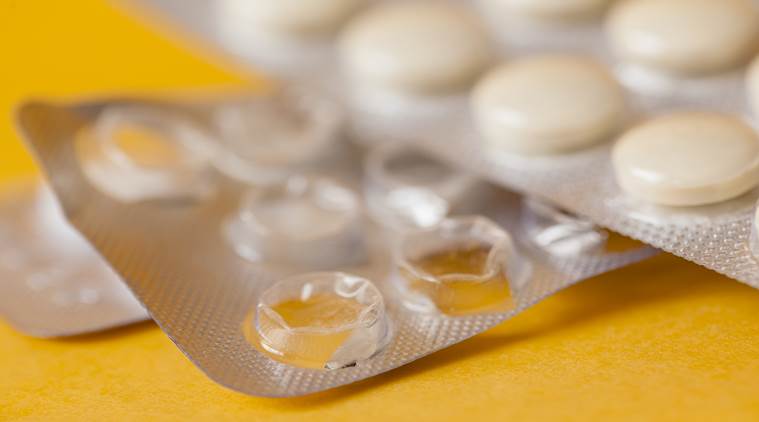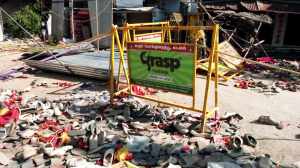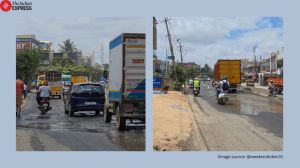Ranitidine fallout: Firms choose to wait and watch; Torrent halts sale
JB Chemicals — which is testing its ‘Rantac’ and ‘Rantac-OD’ — plans to take a final call on sales of its products “once the results are out”, said the company’s president, Pranabh Mody. The results are expected next week, he said.
 JB Chemicals — which is testing its ‘Rantac’ and ‘Rantac-OD’ — plans to take a final call on sales of its products “once the results are out”, said the company’s president, Pranabh Mody. (Photo: Getty/Thinkstock/Representational)
JB Chemicals — which is testing its ‘Rantac’ and ‘Rantac-OD’ — plans to take a final call on sales of its products “once the results are out”, said the company’s president, Pranabh Mody. (Photo: Getty/Thinkstock/Representational)
While regulators around the world continue to look into concerns over potential cancer-causing substances contaminating popular acidity medicine ranitidine, more companies selling the drug in India have decided to tread with caution. JB Chemicals — which is testing its ‘Rantac’ and ‘Rantac-OD’ — plans to take a final call on sales of its products “once the results are out”, said the company’s president, Pranabh Mody. The results are expected next week, he said.
Torrent Pharmaceuticals, on the other hand, has decided to halt sales of its ‘Ranitin’ in the country while it looks into the safety issues raised. “We have initiated a detailed assessment of the product and till such time we have stopped the sales of this product,” a spokesperson for Torrent told The Indian Express.
Rantac is the third largest ranitidine brand in India by sales, while Ranitin is the fifth largest. Ranitidine is a nearly Rs 690 crore market in the country, as per pharmaceutical market research firm AIOCD Awacs PharmaTrac. The latest developments come after announcements that Dr Reddy’s and GlaxoSmithKline (GSK) were globally suspending the distribution and sales of their ranitidine products.
GSK’s ranitidine was one of eight brands flagged by Singapore’s Health Sciences Authority on September 16 for containing trace amounts of a nitrosamine impurity, N-nitrosodimethylamine (NDMA) “above the internationally acceptable level.” GSK sells its ranitidine under the brand name Zinetac in India.
NDMA, an environmental contaminant found in water and foods, has been classified by the International Agency for Research on Cancer as ‘probably carcinogenic to humans’, meaning it has the potential to cause cancer.
The issue with the contamination was first raised by the United States Food and Drug Administration (US FDA). On September 13, the US regulator stated in a release that it had learned that some ranitidine medicines contained “low levels” of NDMA and it was evaluating whether the substance was present in the drugs at levels that posed a risk to patients.
The US FDA has also not called for individuals to stop taking ranitidine at this time.
“Although NDMA may cause harm in large amounts, the levels the FDA is finding in ranitidine from preliminary tests barely exceed amounts you might expect to find in common foods,” the watchdog said.
On Monday, India’s drug regulatory body the Central Drugs Standard Control Organisation (CDSCO) wrote to state regulators asking them to direct ranitidine active pharmaceutical ingredient (API) manufacturers to “verify their products and take appropriate measures to ensure patient safety.”
Like the US FDA, CDSCO has so far not called for any halting of supplies or recalls, which means the products can continue to be marketed in the country. APIs are the ingredients that give a medicine its therapeutic effect. As per industry sources, most of the world’s supply of the ranitidine API comes from two Indian firms: Saraca Laboratories and SMS Lifesciences.
SMS is evaluating its ranitidine to ensure it is “void” of this impurity or that the NDMA is “within permissible limits.” According to GSK, the European Directorate for the Quality of Medicines (EDQM) has suspended Saraca’s certificate of suitability for its ranitidine API “with immediate effect”.





- 01
- 02
- 03
- 04
- 05


























